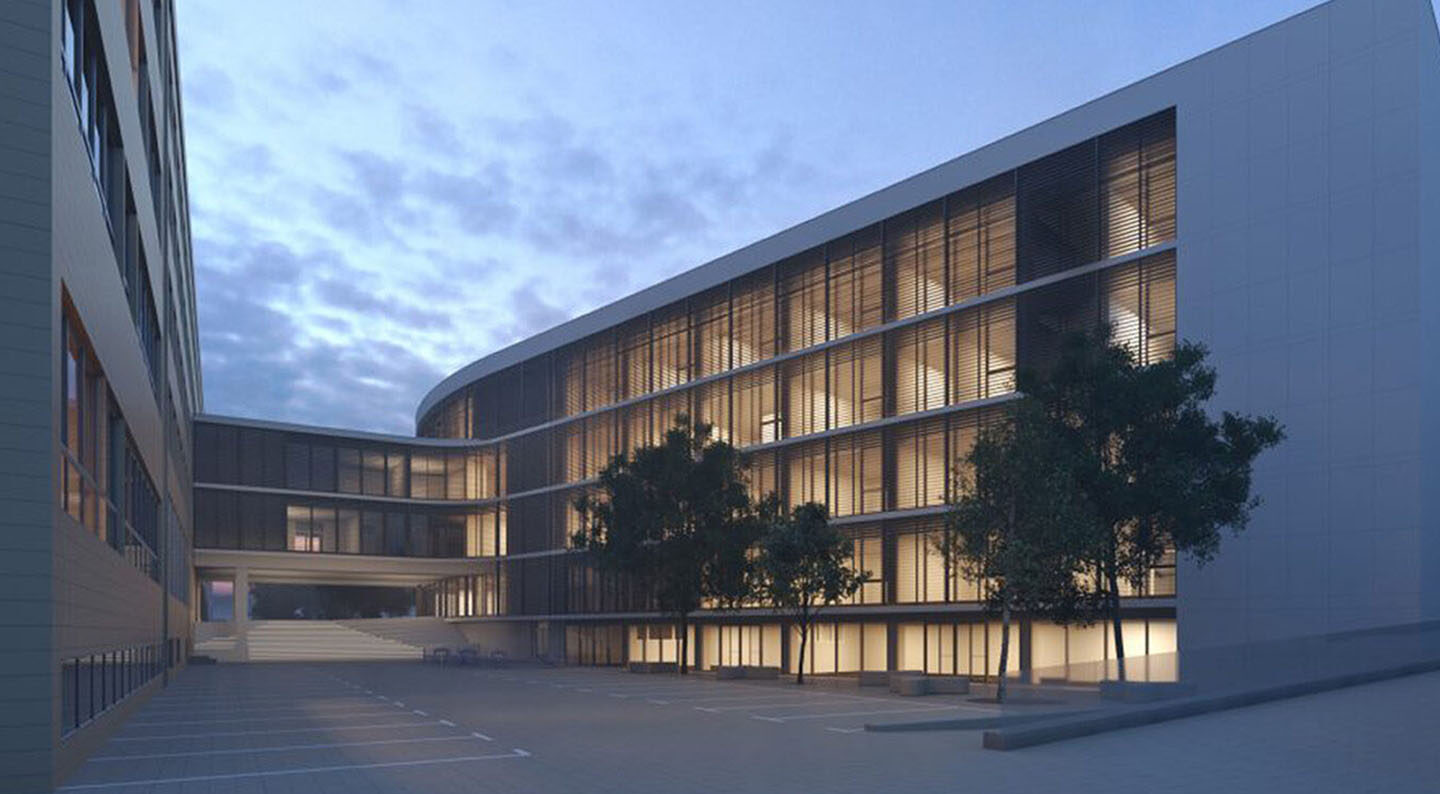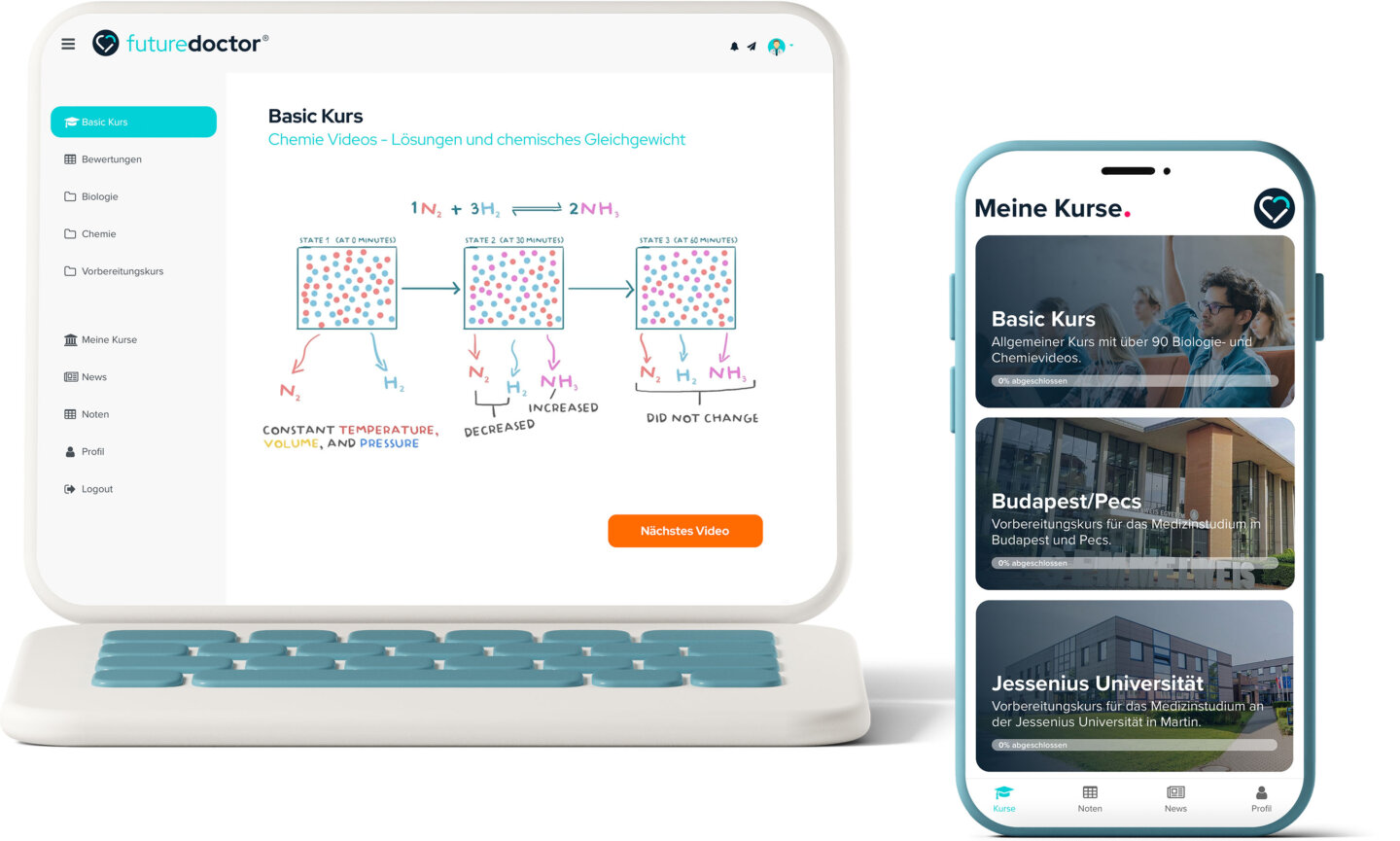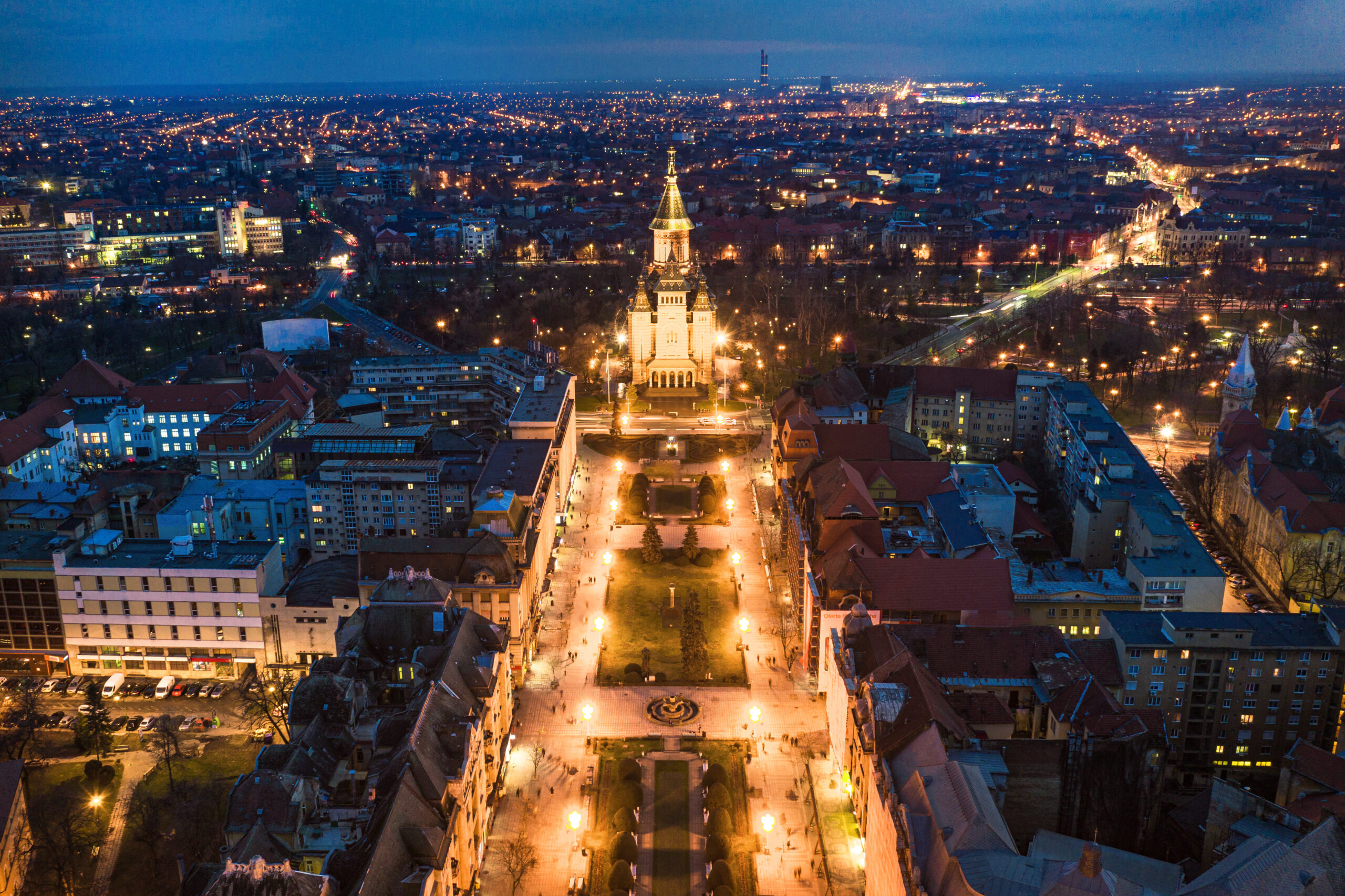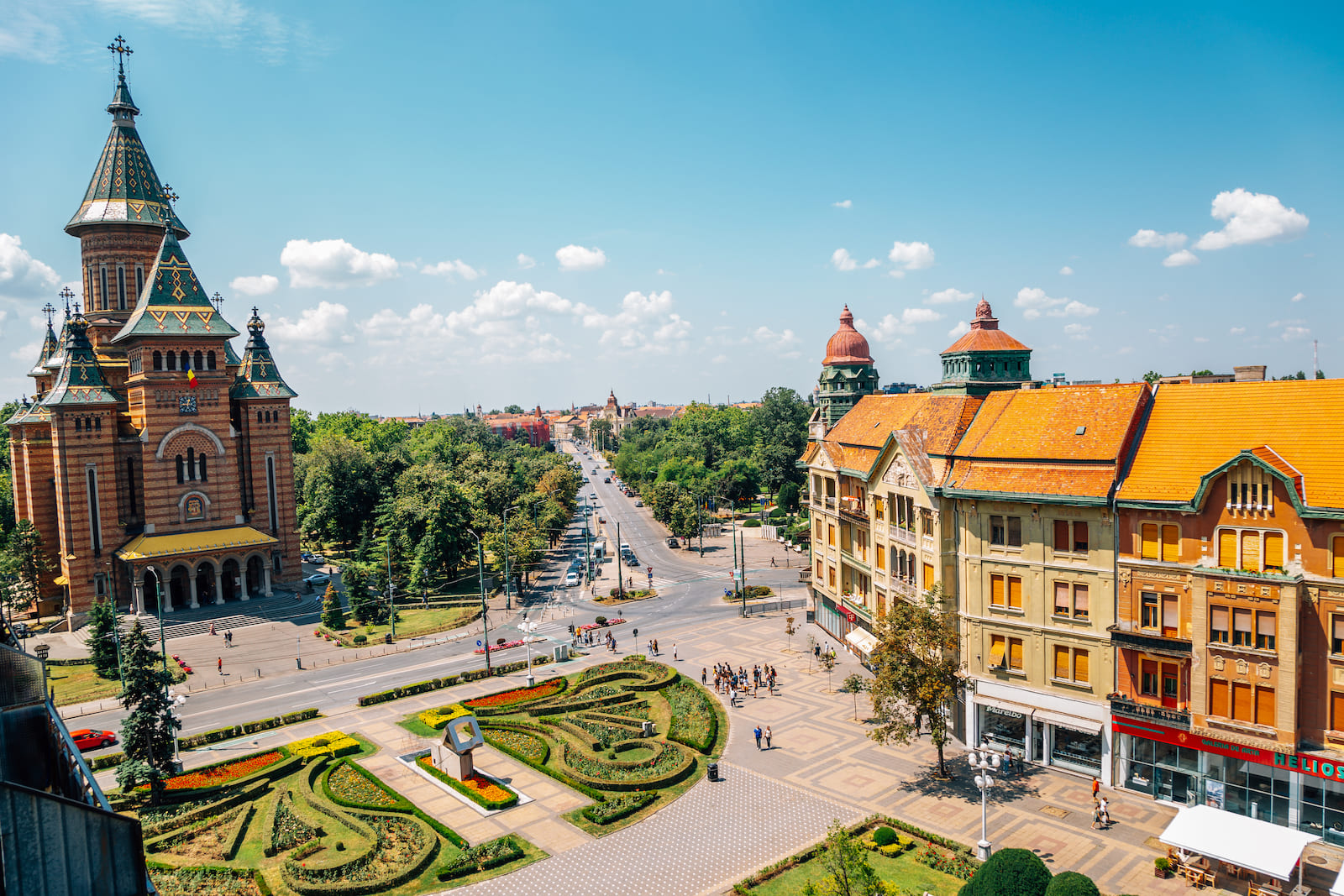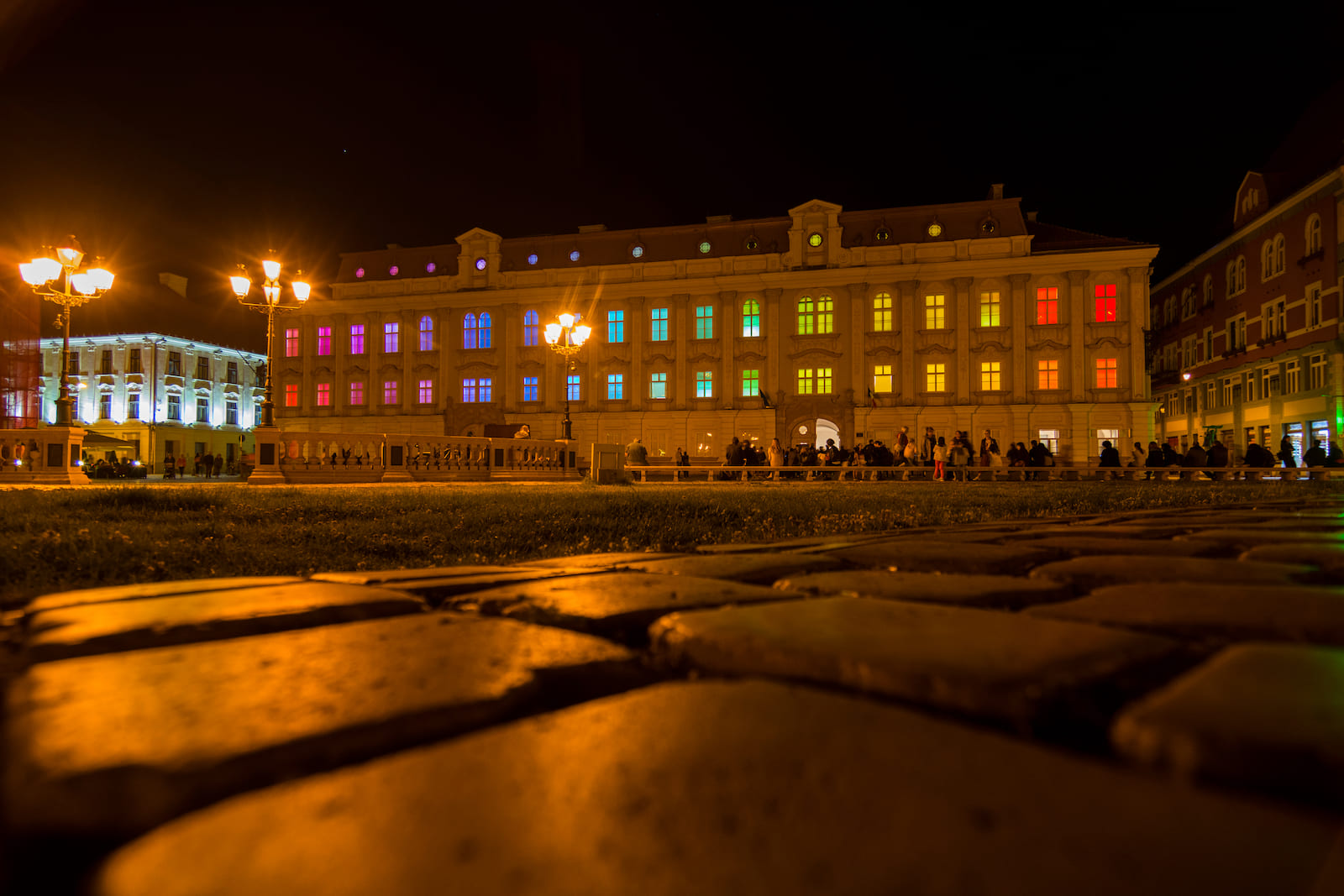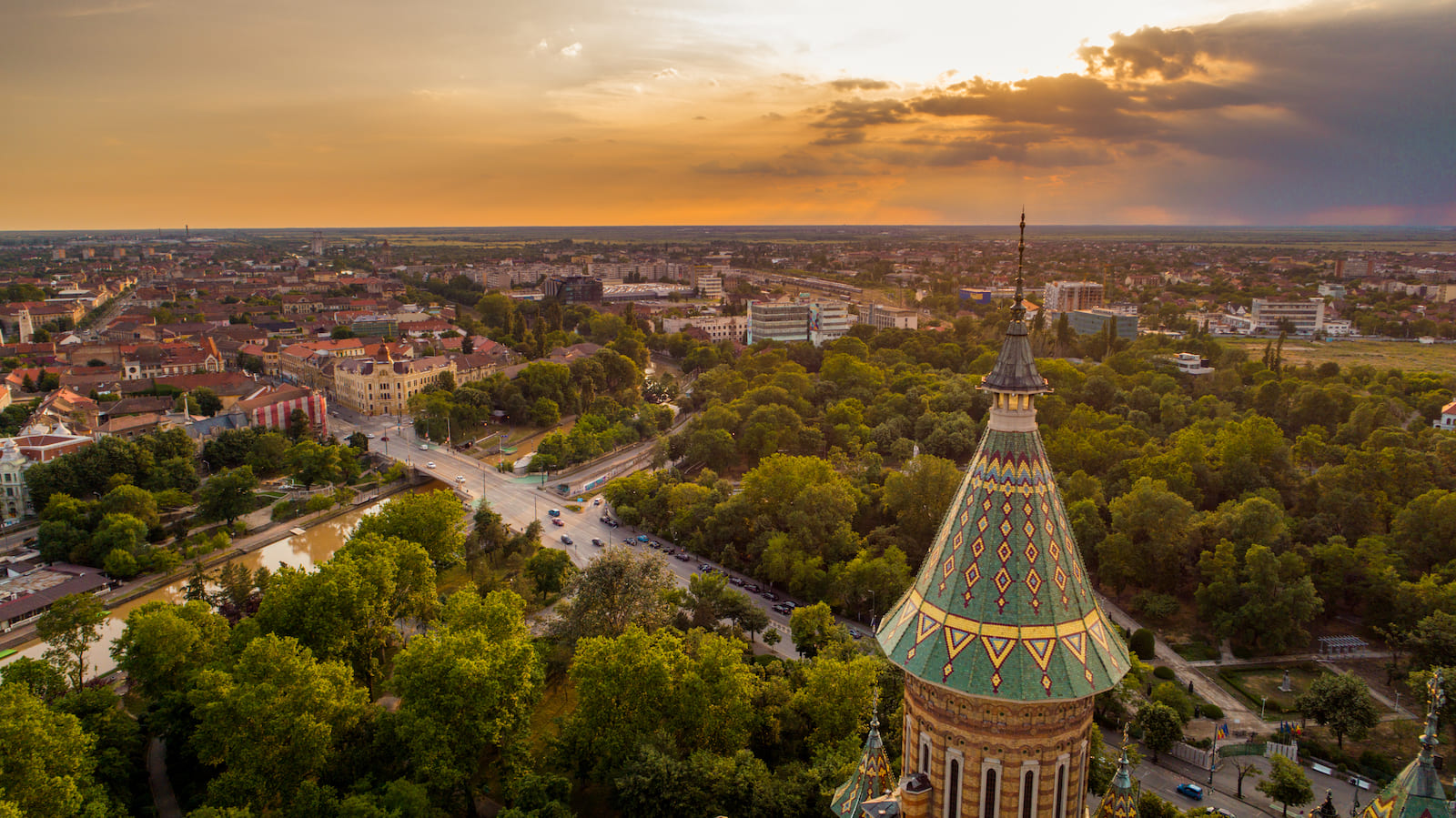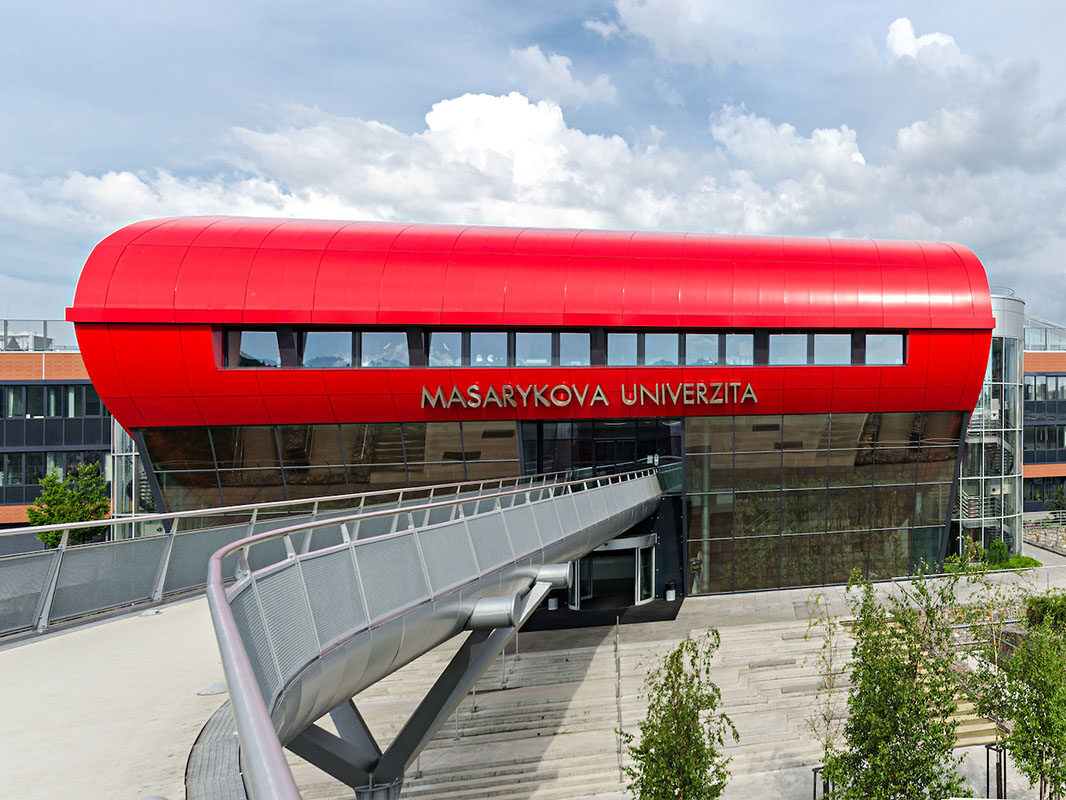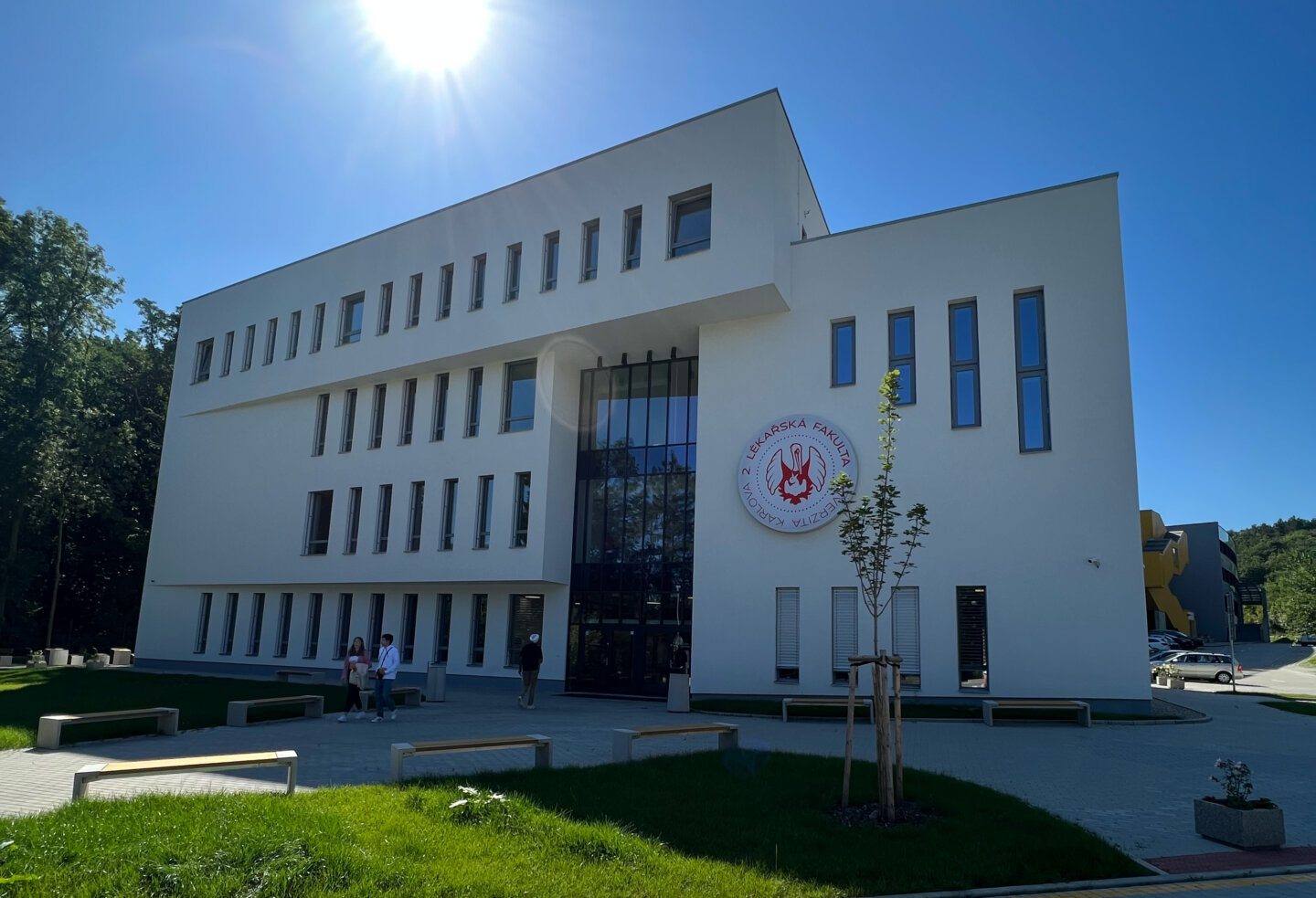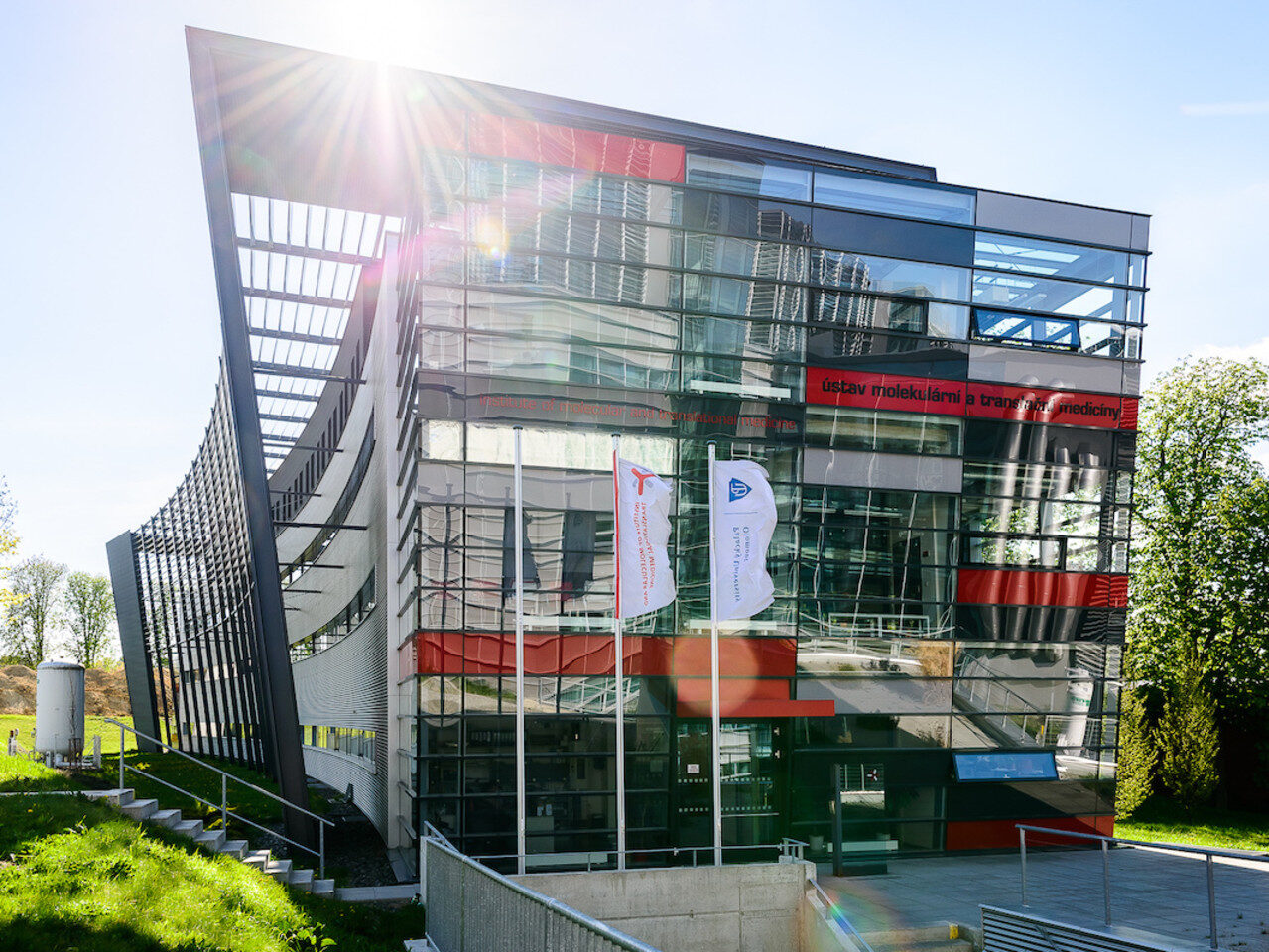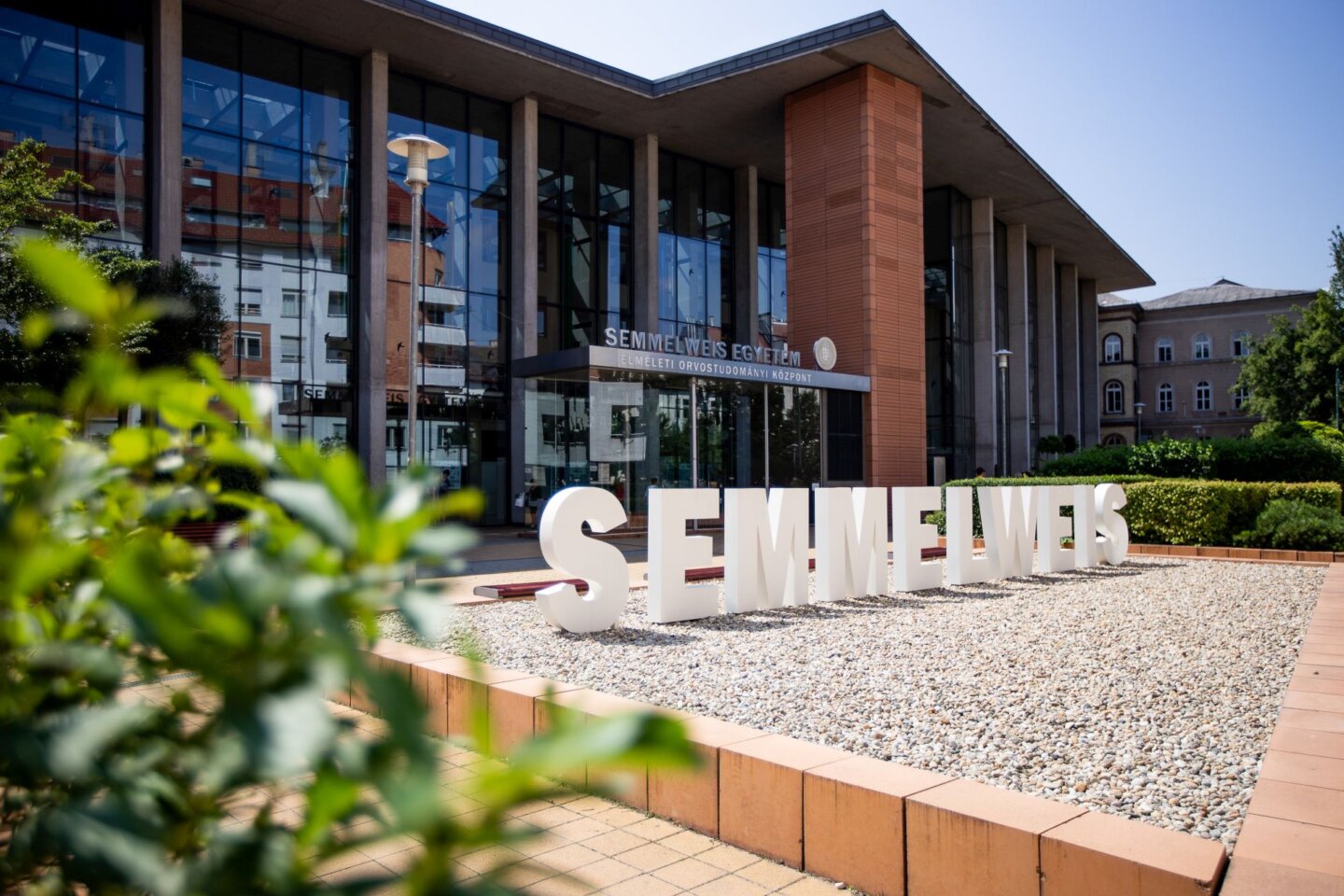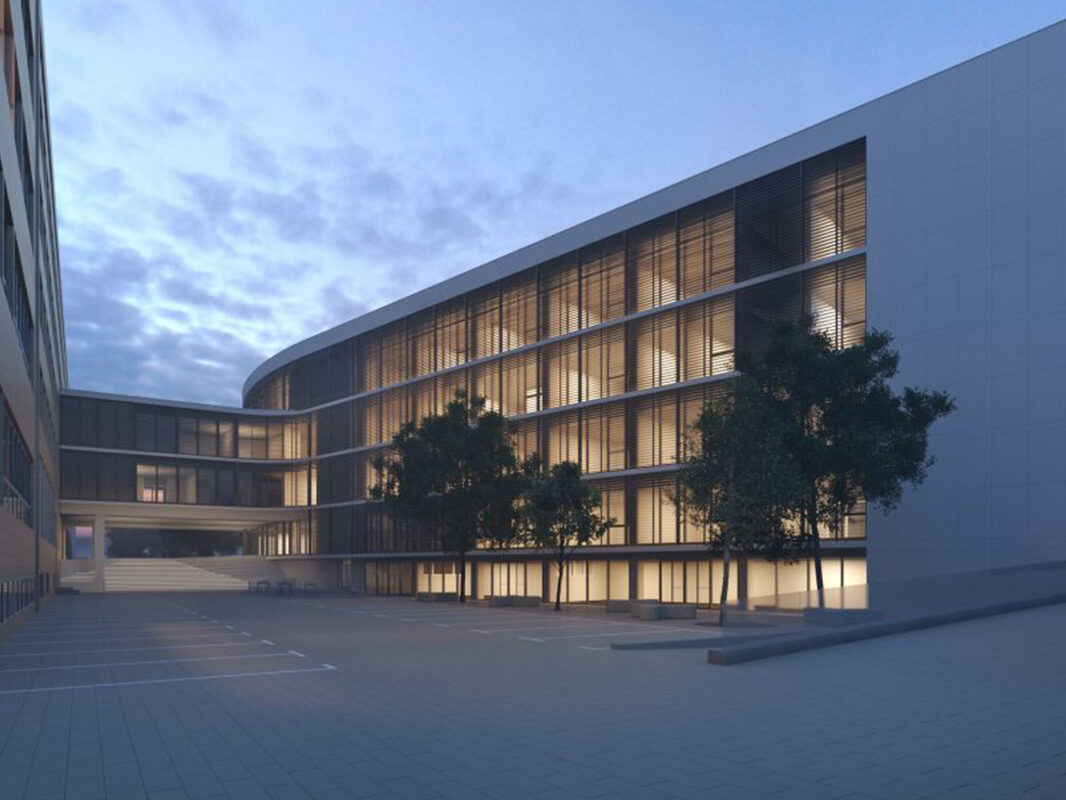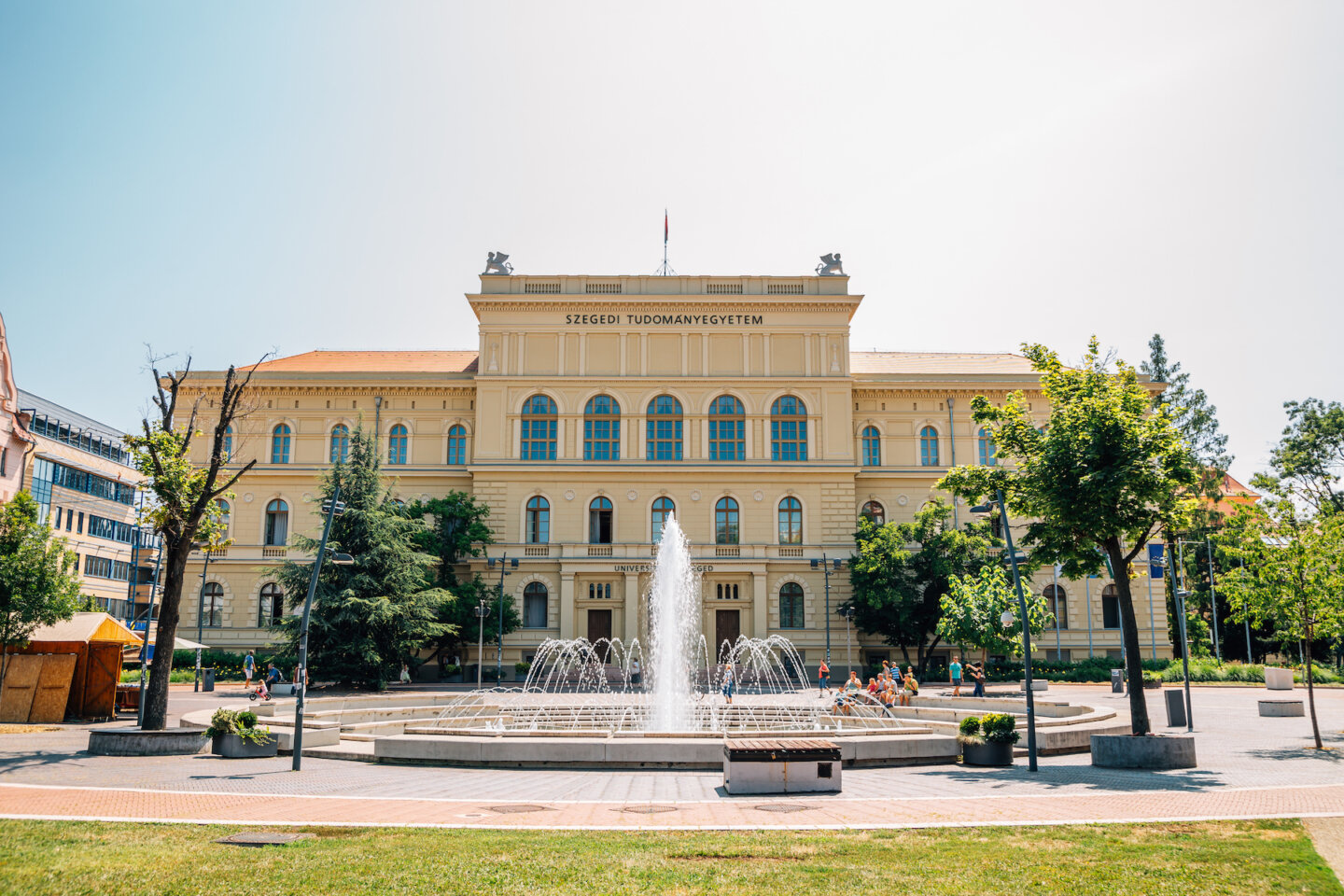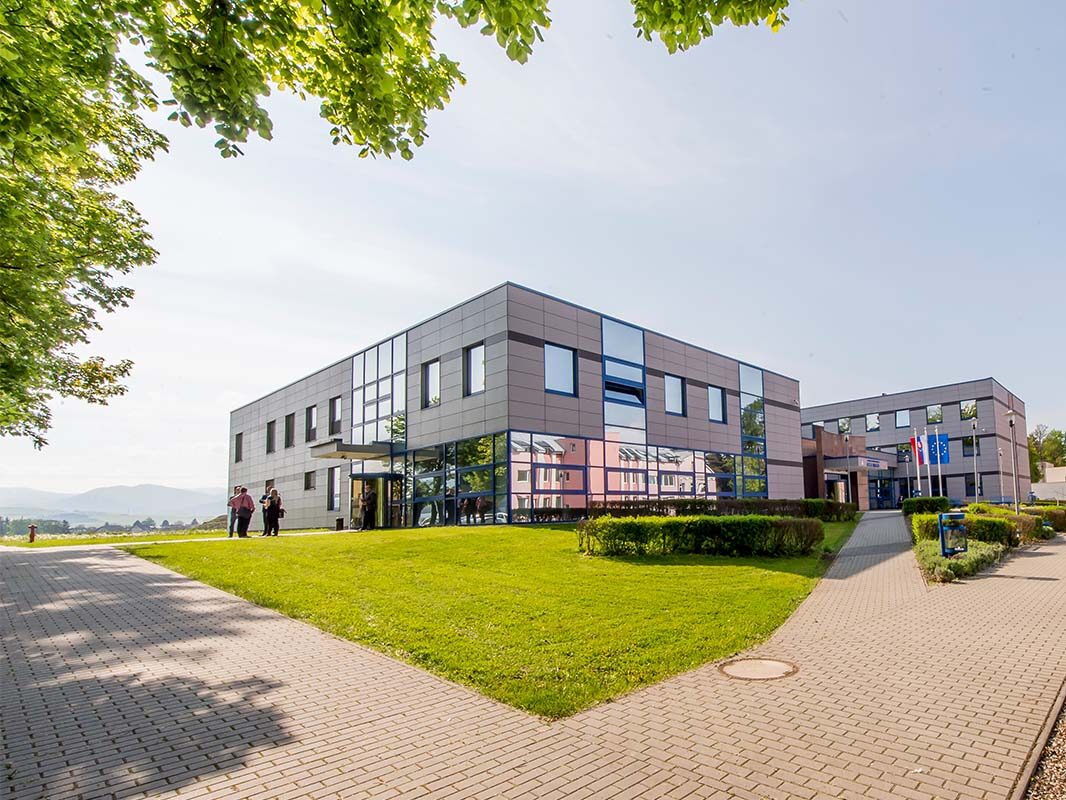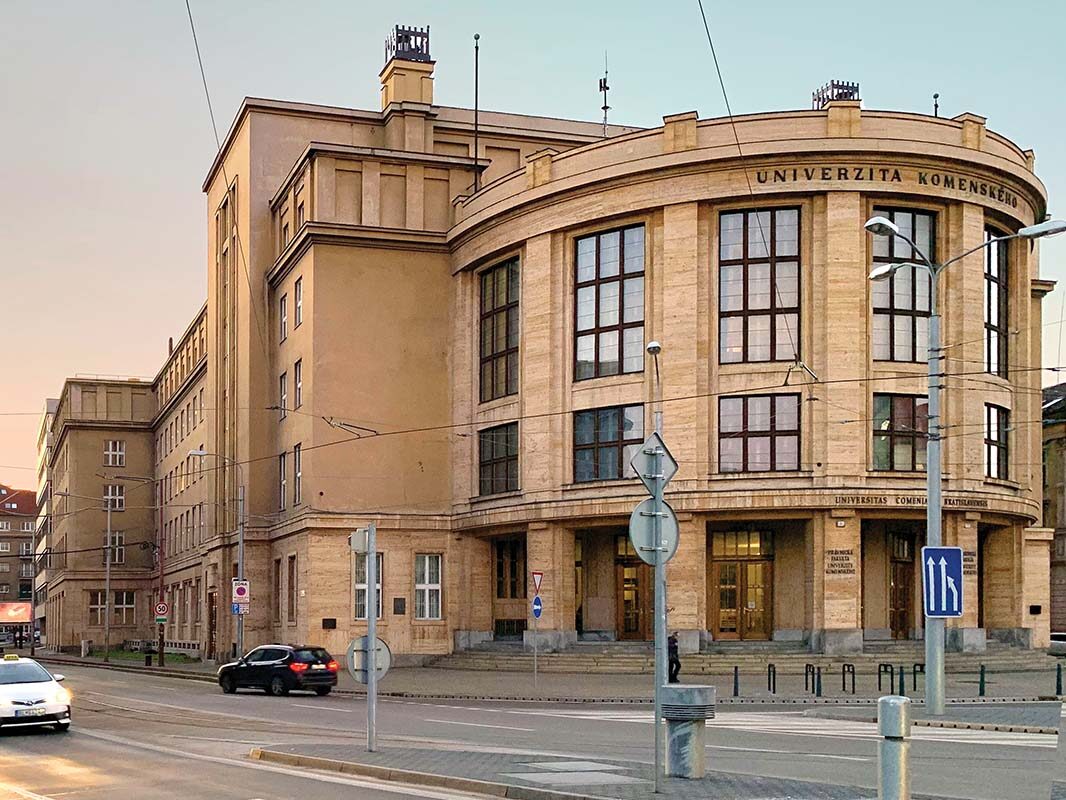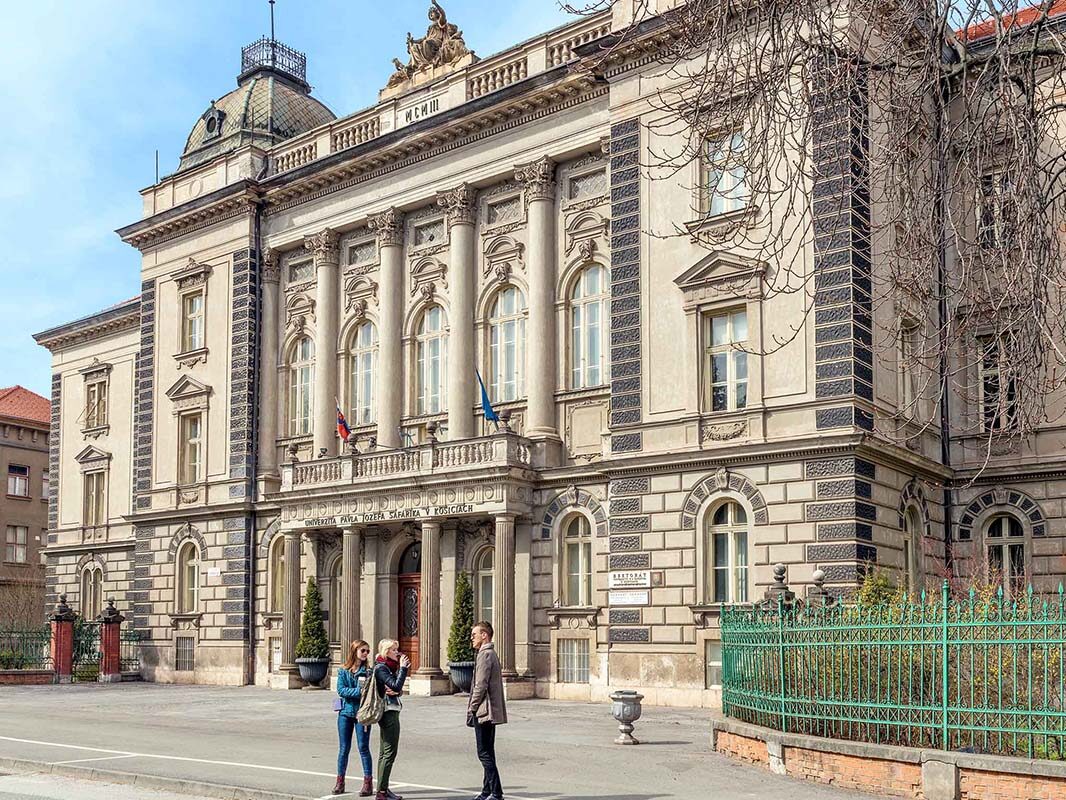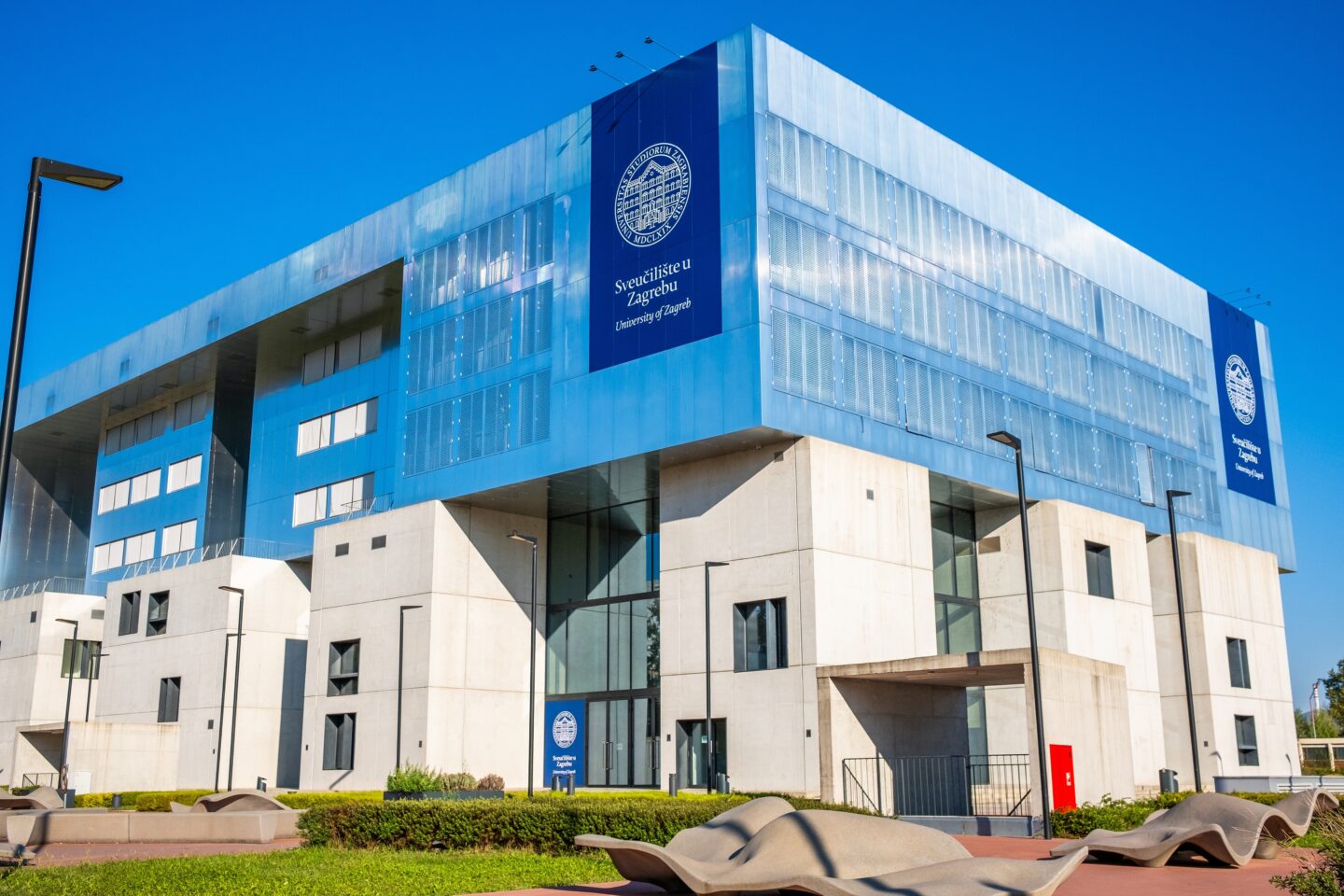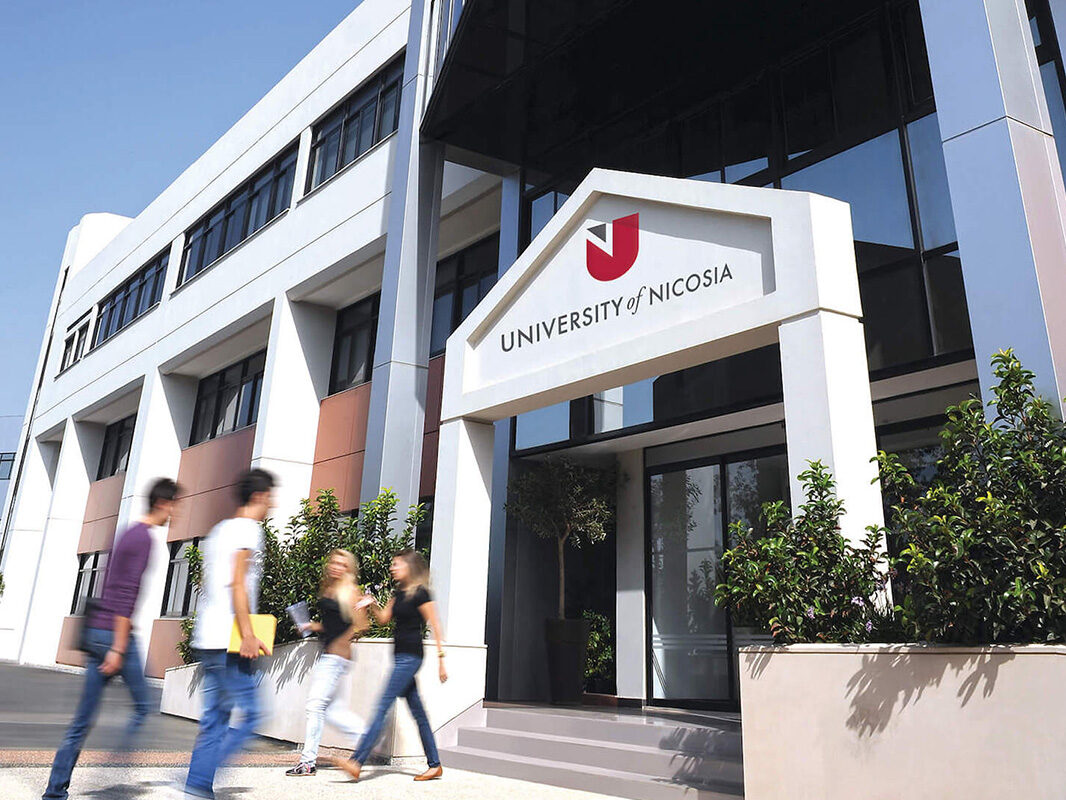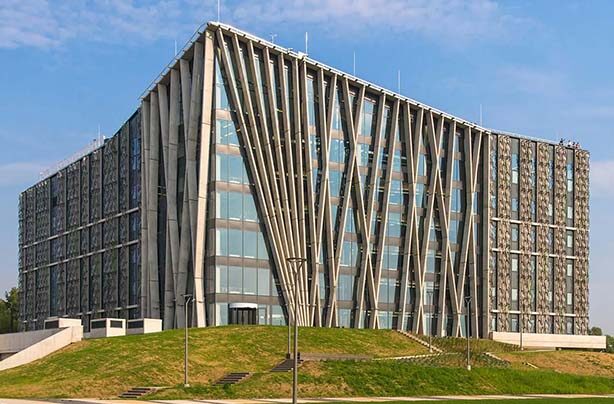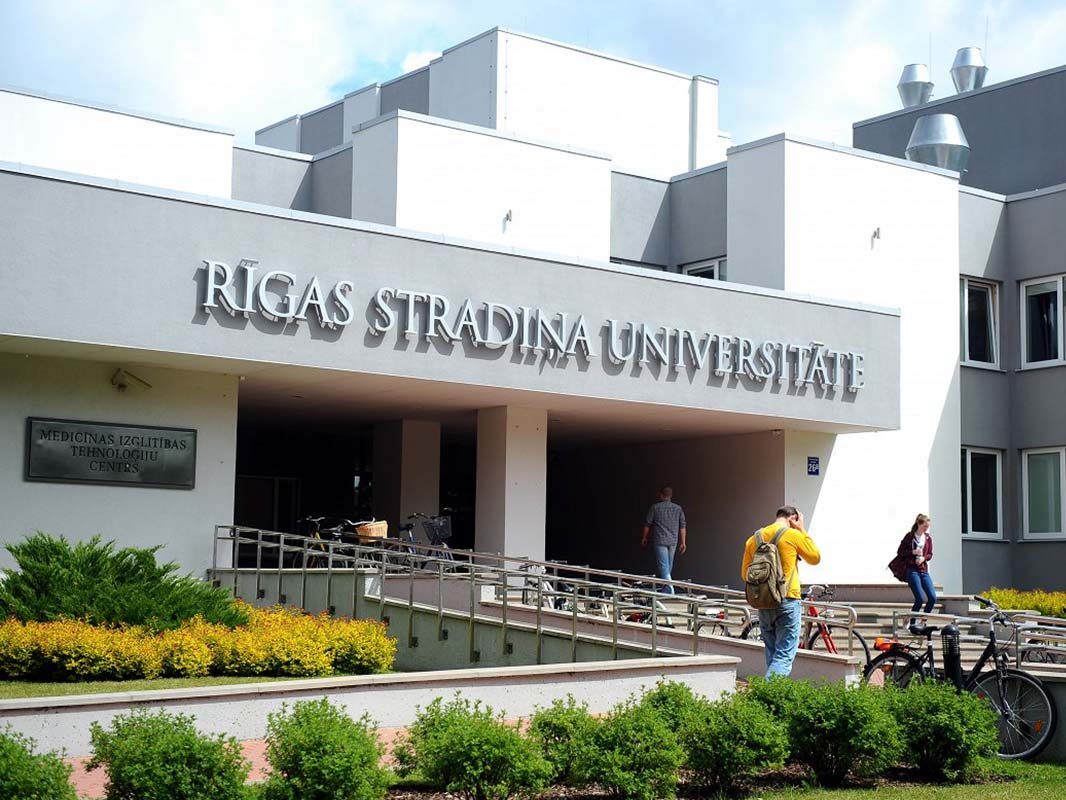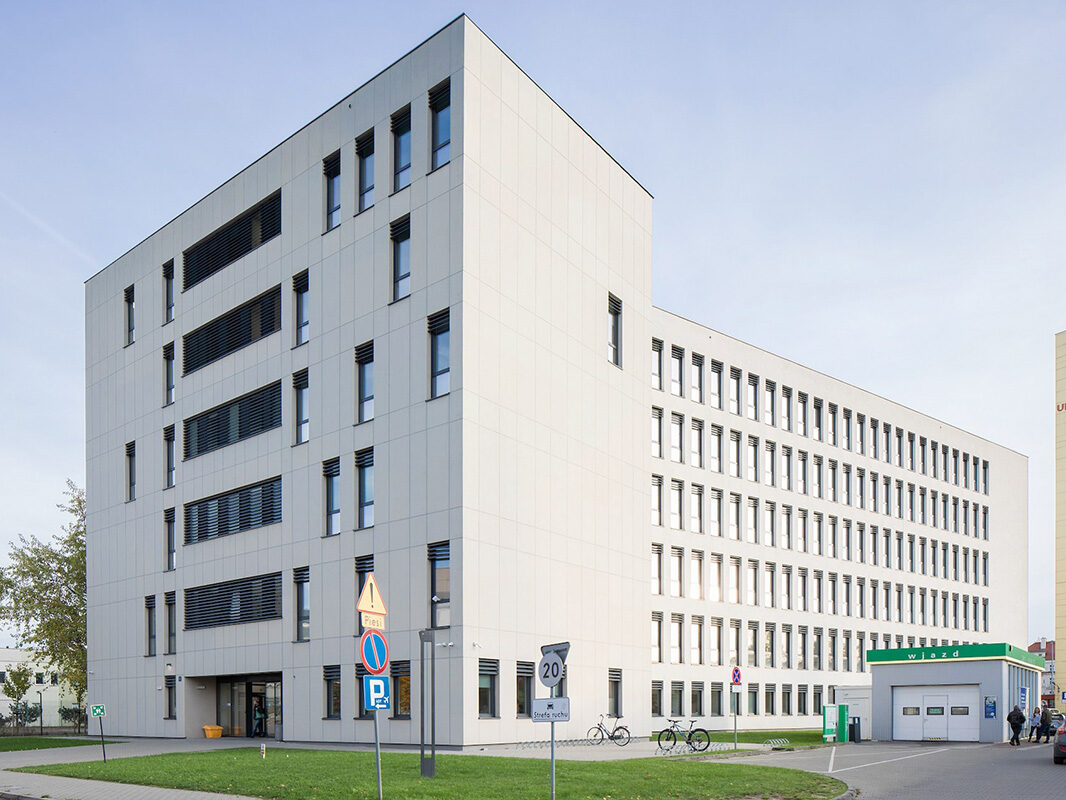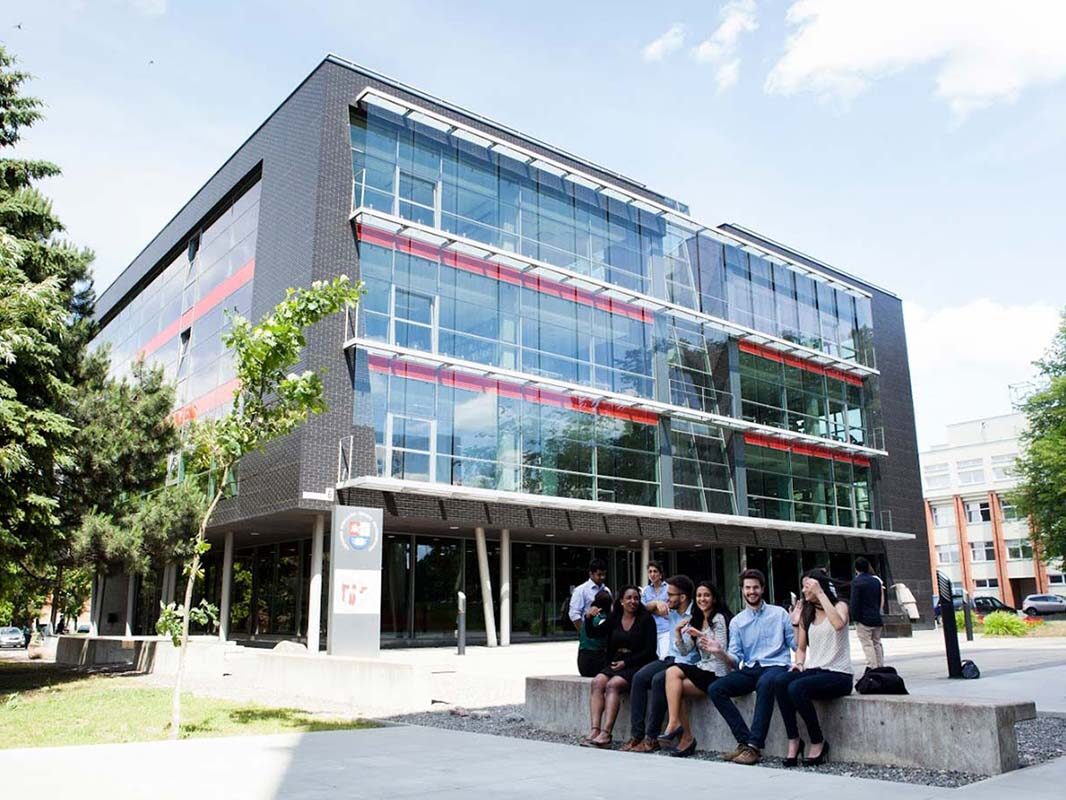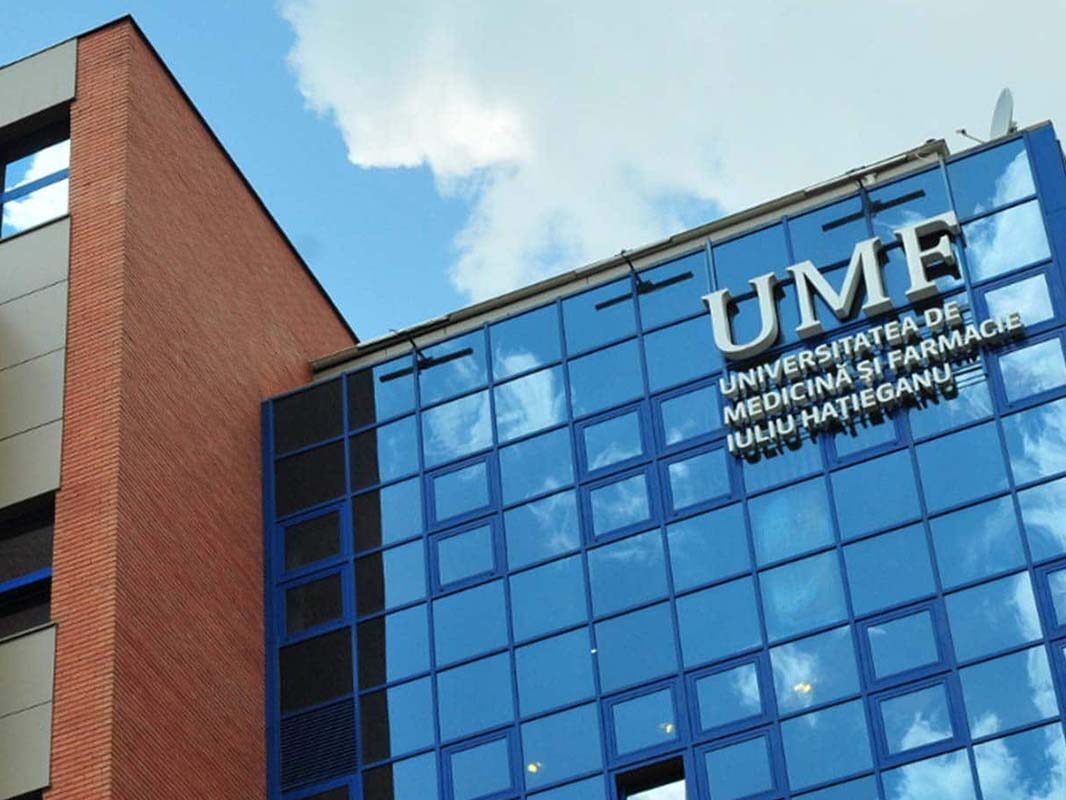Victor Babe's University
Timisoara, Romania
Study medicine abroad at low cost.
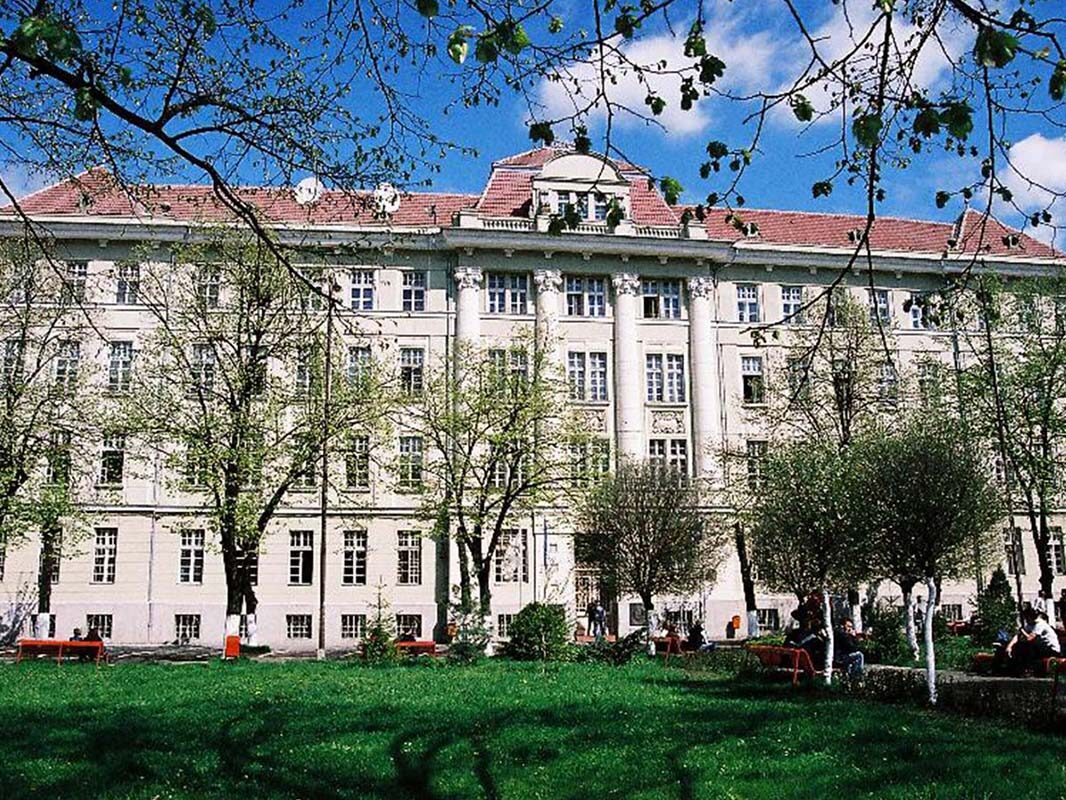
Medical studies in Timisoara
Studying medicine in Germany is a dream for many people - but the Numerus Clausus (NC) blocks the path of thousands of prospective students every year. The solution: a Studying medicine abroad - at a university with an excellent reputation, modern education and EU-wide recognition. This is exactly where the Victor Babeș University in Timisoara comes in.
University in Timisoara - medical faculty with history and future and without numerus clausus
The Victor Babeș University of Medicine and Pharmacy Timișoara was founded in 1945 and is now one of the most prestigious medical universities in south-east Europe. Named after the well-known Romanian bacteriologist Victor Babeș, it combines scientific history with modern education. The university has around 24,300 graduates, including many from Germany and around the world.
The Faculty of Medicine is the academic centre of the university. Teaching is in English or French, which particularly appeals to international students. The combination of research-based teaching, practical relevance and modern infrastructure creates excellent conditions for an international career in medicine or pharmacy.
Are you interested in studying medicine in Timisoara?
We would be happy to advise you free of charge about your options for studying medicine at Victor Babes University in Timisoara.

To the 2026 application
Click here to go to the futuredoctor application portal, where you can apply to study medicine at the Victor Babes University of Timisoara can apply. Register in the application portal and start your application today.
Further information
Victor Babes University in Timisoara
Study programmes, language & recognition
Fields of study: Human medicine, dentistry, pharmacy
Language: English or French (depending on the degree programme)
Duration: 6 years / 12 semesters
Recognition: EU-wide in accordance with Directive 2005/36/EC
Degree: State-recognised degree with access to specialist training in Germany
Tuition fees & other costs at the Victor Babeș University in Timisoara
Studying at Victor Babeș University is attractively priced compared to private universities in Germany:
Tuition fees for medicine/dentistry: approx. 8,000 - 8,500 € per year
Pharmacy tuition fees: approx. 8,000 € per year
Enrolment fee: approx. 250 € (one-off)
Living costs: 200 - 300 € per month (plus rent)
Rent shared room: from € 150, one-room flat: approx. € 250 - 300
Funding & subsidies
Partial payment of tuition fees often possible
BAföG abroad for eligible students
Private or state scholarship programmes (by country of origin)
We can provide information about other suitable financing options on request
Application process & requirements
A numerus clausus is not required at Victor Babeș University. The decisive factor is the timely submission of complete application documents:
Required documents:
High school diploma incl. certified English translation
Curriculum vitae in tabular form in English
Letter of motivation (optional)
Copy of identity document (passport or identity card)
Medical certificate & proof of vaccination status
2 passport photos
If applicable, proof of English or French language skills (e.g. by school grade)
Application deadlines for medical studies Timisoara
Victor Babeș University sets annual application deadlines for international degree programmes. These are not flexible - if you apply late, you can only start the following year.
Typical deadlines:
Application start: usually from March/April
Deadline for submission of documents: end of June to beginning of July
Entrance exam: July or August, on site in Timisoara
Start of studies: usually October
As these deadlines can vary slightly, it is important to obtain information in good time.
Support from futuredoctor
We offer prospective students:
Personal counselling on studying medicine in Timisoara
Support in compiling the documents
Translation service & application form help
Submit the application directly to the university by the deadline
Reminder of deadlines & queries with the university
Support for queries or additional claims
Entrance exam - procedure, preparation and chances of success
Once your application documents have been accepted, you will be invited to the on-site entrance examination for the medical degree programme in Timisoara. This mainly consists of a multiple-choice test in biology (approx. 50 questions). Depending on the year, basic knowledge in chemistry or logical thinking can be added.
Preparation with futuredoctor
future-doctor.de provides its own digital learning platform:
500 biology practice questions in exam style
Over 90 educational videos (biology, chemistry, physics)
Test simulations & individual feedback
Learning app for mobile training
Personalised tutoring by experienced tutors
Prospects of success
Well-prepared applicants are more likely to pass the test. Targeted support with our learning platform further improves your chances - from content preparation to organisational support.
Study medicine without NC
Unlike in Germany, the Victor Babes University enables a Medical studies without NC. Your previous grade point average is therefore not relevant.
The optimum preparation
E-Learning & App
With the help of our e-learning platform and our learning app, you have the opportunity to prepare for the entrance exam at Victor Babes University in Timisoara and for your degree programme flexibly and from anywhere.
The platform contains over 90 learning videos as well as multiple and single-choice questions in biology, chemistry and physics. This allows you to prepare not only for the admission procedure, but also for your studies in Timisoara! You can also carry out realistic test simulations.
Starting signal
What are you waiting for? 🎉
Order your information pack now, find out more about studying medicine abroad and get started as a medical student!
The city of Timisoara at a glance
The Romanian city of Timisoara has a population of 319,000, putting it just behind Cluj-Napoca in terms of size. Located in the west of Romania, the country's third-largest city is primarily known for its historic old neighbourhoods. Due to its long affiliation with Austria-Hungary, Timisoara is also known as "Little Vienna".
Things to know about Timisoara

What are you waiting for? 🎉
Order your information pack now, find out more about studying medicine abroad and start studying medicine yourself soon!
Career after graduation & licence to practise in Germany
How does the recognition process work in Germany?
The degree from Victor Babeș University is fully recognised in the EU under Directive 2005/36/EC. You can apply for a licence to practise in Germany immediately after graduating - without having to study or take language examinations if you fulfil the university requirements.
What documents are required for the licence to practise?
Diploma / degree certificate
Proof of study duration & curriculum
EU-compliant proof of training
Proof of language skills (German B2 or C1 for patient contact)
Certificate of good conduct, health certificate
On request, we can provide an overview of the licensing requirements and help you compile the necessary documents.
What are the career opportunities?
Returning to Germany is straightforward. Many graduates work in clinics, practices or are preparing for specialist training. It is also possible to move to other EU countries.
German employers generally rate the degree from Timisoara favourably - especially if practical experience and good language skills are available.
Frequently asked questions
FAQs about studying medicine in Romania
Why should I consider studying medicine at the Victor Babes University in Timișoara?
The Victor Babes University in Timișoara is a renowned institution with a long tradition in medical education. It offers a modern teaching environment and high-quality academic programmes in human medicine and dentistry, which are taught entirely in English. Its international orientation and practice-orientated education attract students from all over the world.
Which degree programmes are offered at Victor Babes University and in which languages?
The university offers degree programmes in human medicine and dentistry, each lasting six years. Both programmes are offered entirely in English, which appeals to international students and provides them with a first-class medical education.
How practical is the medical degree programme at Victor Babes University?
The medical degree programme at Victor Babes University is strongly practice-oriented. Students are involved in practical clinical activities from the very first year. The university attaches great importance to combining clinical practice and research, which enables students to apply theoretical knowledge directly in real-life medical scenarios.
How does the application process work at Victor Babes University?
The application process involves submitting the required documents and passing an entrance test. The test consists of multiple-choice questions in biology. The university offers comprehensive support in preparing for the test, including an e-learning platform and personalised tutoring. The exam takes place on site in Timișoara. You can start your application at futuredoctor application portal.
Is it possible to study medicine in Timișoara without a numerus clausus (NC)?
Yes, Victor Babes University offers a medical degree programme without the need for a numerus clausus. This means that applicants' previous grade point average is not decisive for admission, which makes the programme more accessible to many interested students.
What advantages does the city of Timișoara offer as a study location for medical students?
Timișoara, also known as "Little Vienna", offers a vibrant mix of historical architecture and modern urban life. The city is an important cultural and economic centre in Romania with numerous parks, cultural events and a rich history. Timișoara is known for its high quality of life, offering a vibrant nightlife and many leisure activities. The city was the European Capital of Culture in 2023, which emphasises its cultural diversity and dynamism. Timișoara is also well connected and offers easy travel options within Europe.
What is the cost of living in Timișoara?
The cost of living in Timișoara is low compared to many Western European cities. Apart from rent, monthly costs are around 200 to 300 euros. The rent for a one-bedroom flat in a good location is around 200 to 300 euros, while a room in a WG costs between 200 and 250 euros. Due to the high demand, we recommend that you book your accommodation early.
What leisure and cultural activities are there in Timișoara?
Timișoara is a vibrant city with a rich cultural life. The city is known for its historic buildings, its numerous parks and its lively cultural scene. Opera Square and the National Theatre are central venues for cultural events. Timișoara offers a variety of concerts, festivals and events that take place throughout the year and make the city an attractive place to study.
What is social and academic life like at Victor Babes University?
Social and academic life at Victor Babes University is diverse and inclusive. The university fosters a close-knit community among students through numerous clubs, organisations and events. There are a variety of opportunities to participate in social activities that facilitate interaction between international and local students. Academically, students benefit from a supportive learning environment where close collaboration between students and professors is encouraged. Regular workshops, seminars and conferences provide additional learning opportunities and promote academic exchange.
What are the special features of studying at Victor Babes University in Timișoara?
The university combines clinical practice with in-depth research and offers a multicultural learning environment. It has modern teaching resources and simulation laboratories that help students develop their practical skills in a realistic environment. Timișoara also offers a vibrant student life with numerous leisure opportunities and a high quality of life.
Universities
Other applicants were interested in this

Charles University
Pilsen, Czech Republic
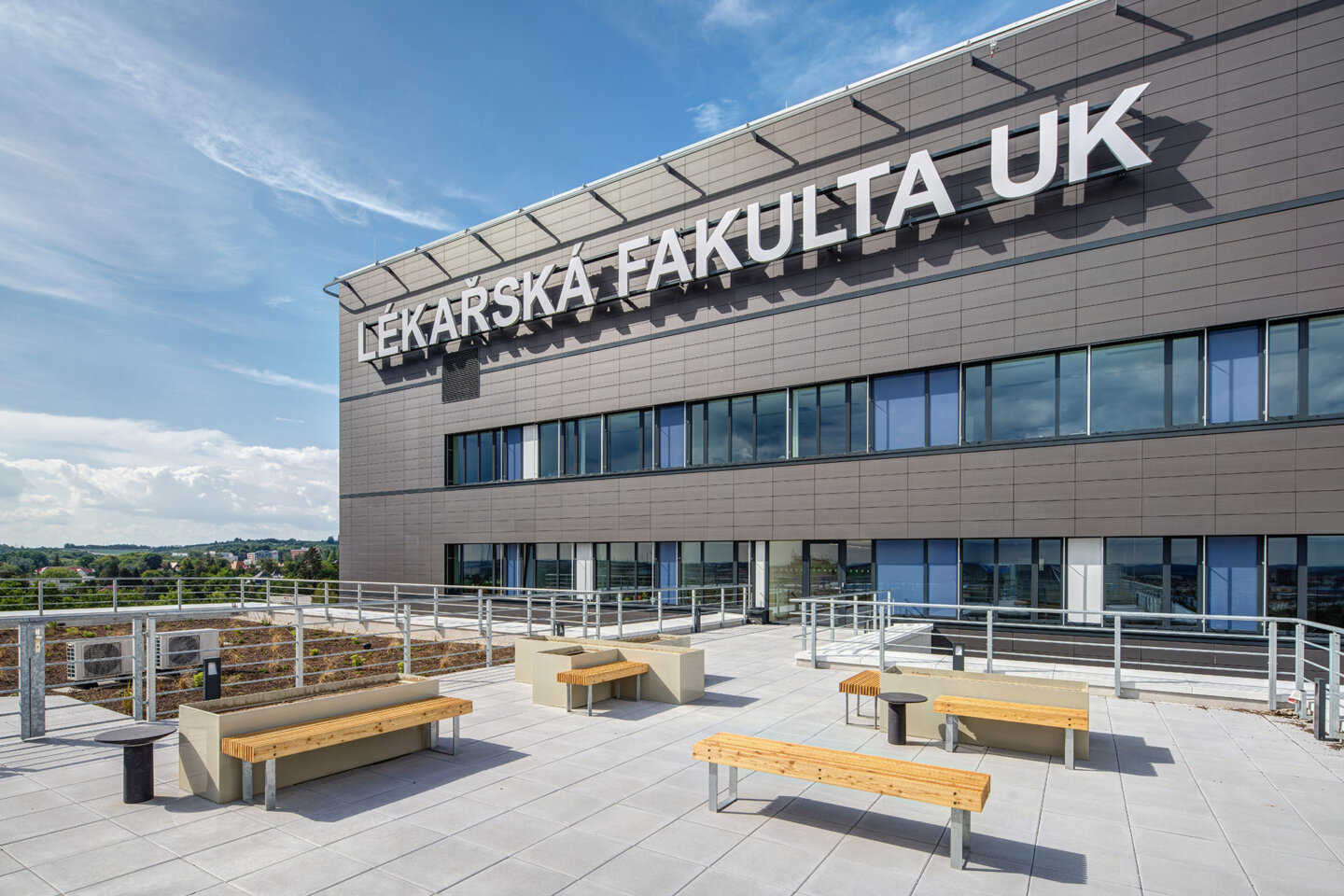
Third Faculty of Medicine
Prague, Czech Republic
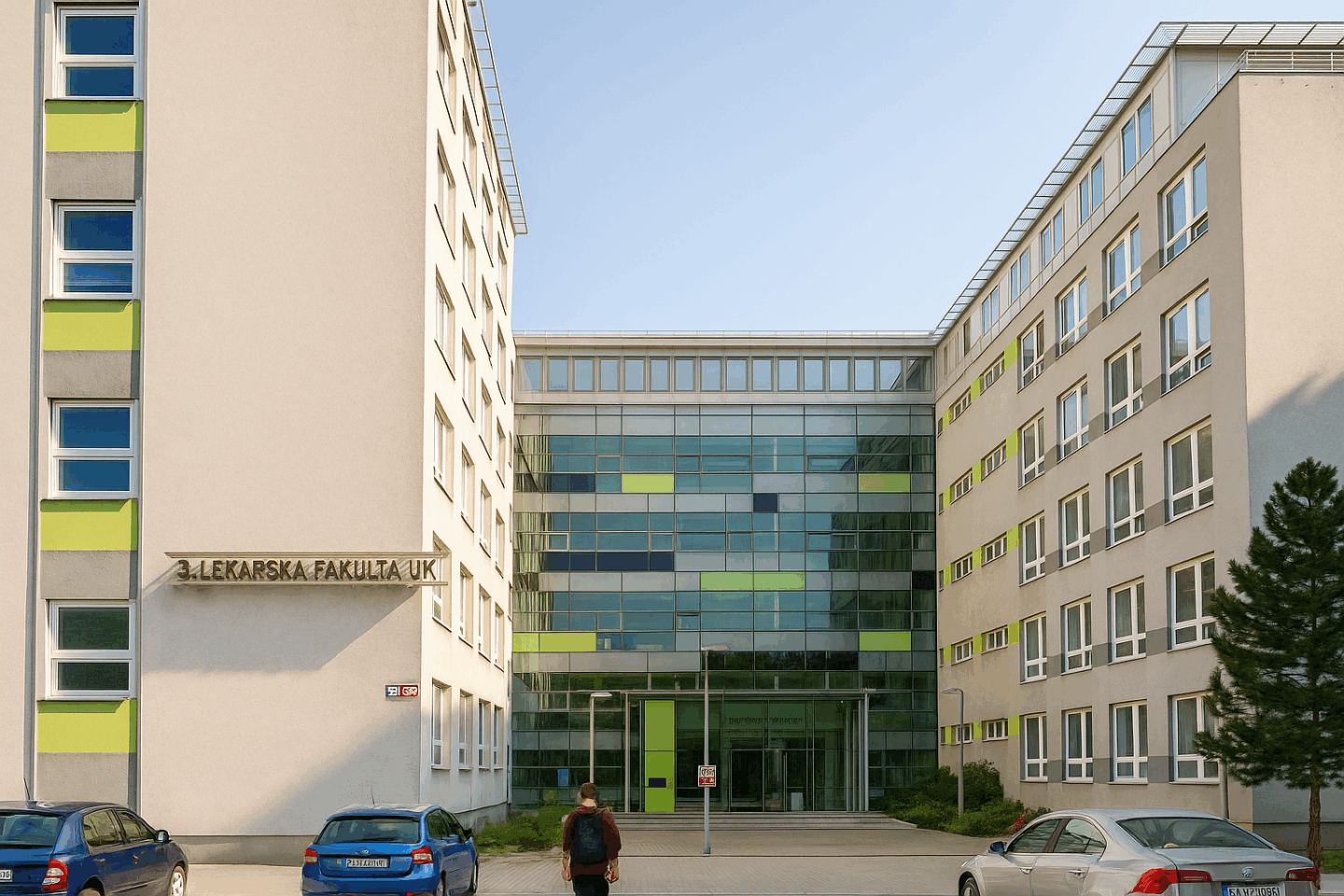
Medical University of Pécs
Pécs, Hungary
